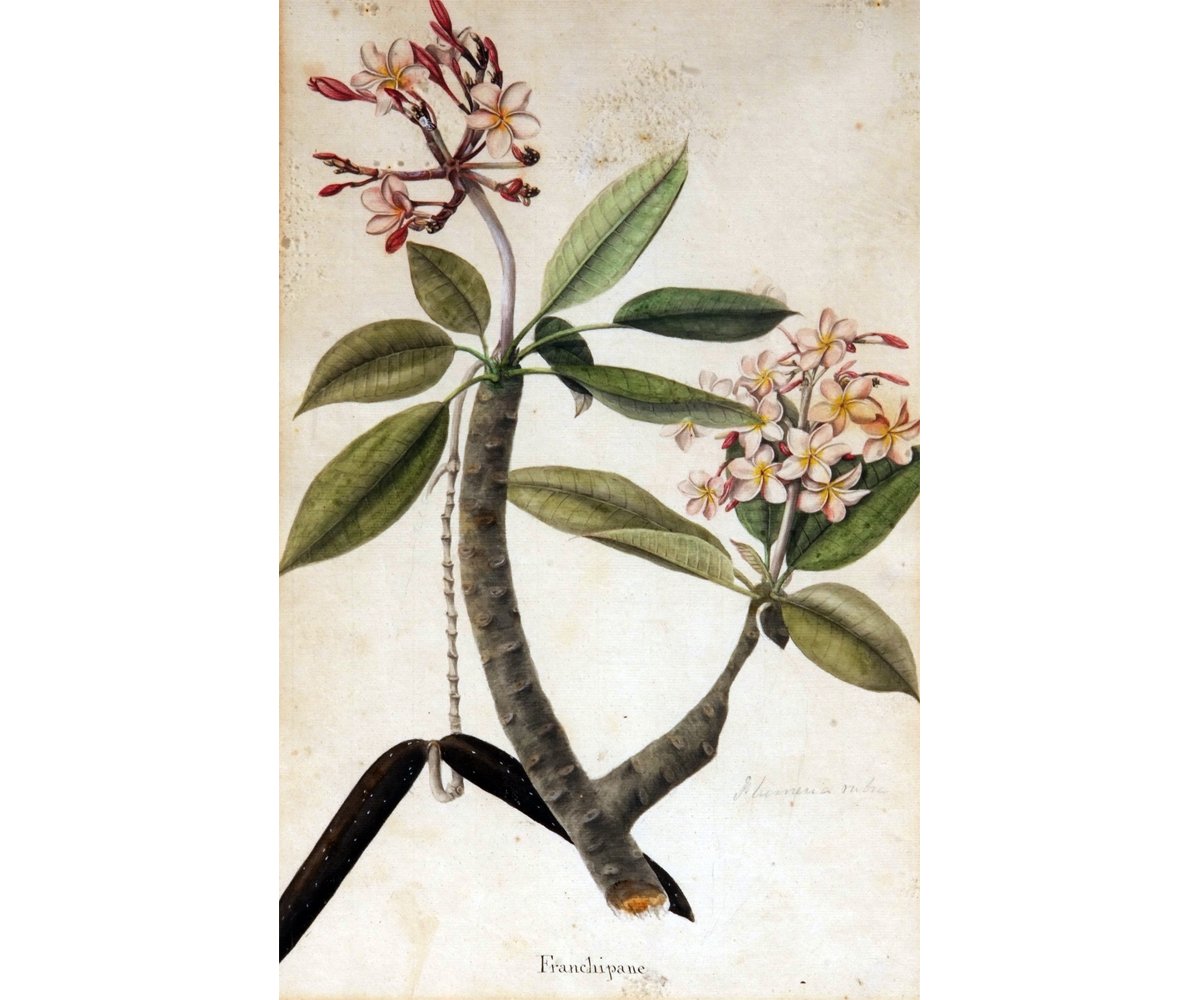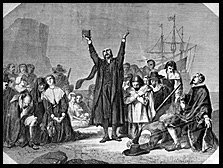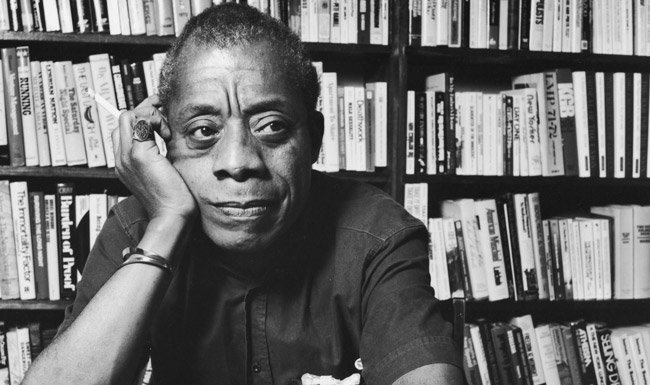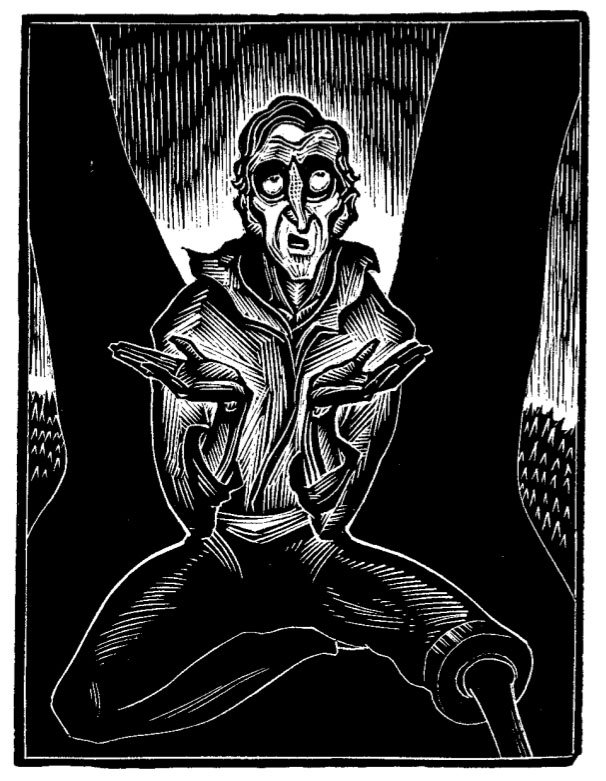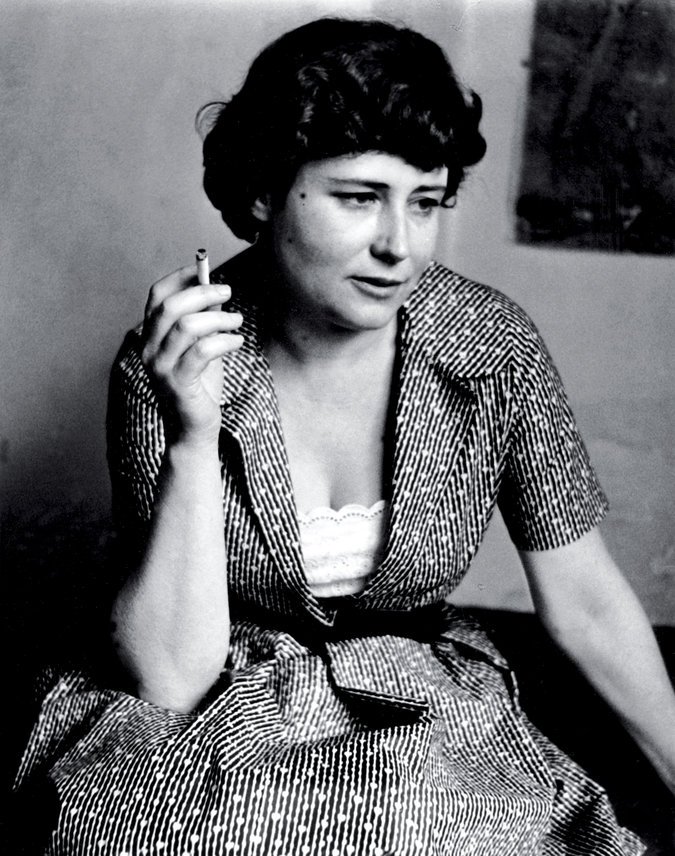Fordham English at the MLA Conference
Every year in early January, thousands of literature and language professors from all over the country and all over the world flock to a city in North America to attend the annual convention of the Modern Language Association, or MLA. This year's gathering is in Philadelphia, and Fordham's English department is making a strong showing with presentations and public discussions on authors from James Baldwin to Doris Lessing, on forms of visual culture from botanical illustrations to graphic narratives, on theatrical topics from early modern antitheatricalism to the current Broadway hit Hamilton. And one faculty member will publicly ask "Why Teach Literature?"
Here are the presenters and their topics. If you'll be at the conference, look them up in the program!


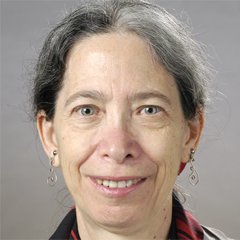

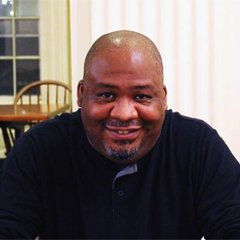

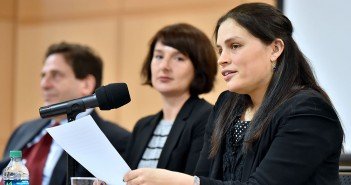
- Olivia Badoi, a PhD candidate, will participate in a panel titled “Reading and Seeing Modernism and Graphic Narrative: Form, Medium, Aesthetics”
- Cornelius Collins, adjunct faculty, will be chairing a panel on “Teaching Doris Lessing in the Twenty-First Century”
- Heather Dubrow, Rev. John J. Boyd SJ Chair in the Poetic Imagination, will speak on a panel titled “Why Teach Literature?”
- Julie Chun Kim, Associate Professor, will present a paper titled "Delineations of Freedom: John Tyley’s Botanical Illustrations in the Revolutionary Caribbean," on a panel about “Eighteenth-Century Itineraries of Race, Text, and Image”
- Scott Poulson-Bryant, assistant professor, will discuss "Rehearsing History: Hamilton in/as Broadway 'History,'" on a panel on “The Hamilton Effect: Race, Sexuality, Historiography, and Performance”
- Kirk Quinsland, Lecturer, will give a talk titled "'Monstrous and Deformed Shape of Vice': Theater, Meta- and Anti-," on a panel about “Antitheatricalism and Early Modern English Performance, 1500–1642”
- Rebecca Sanchez, assistant professor, will be presenting "Crip Counterpublics: James Baldwin and the Development of Public Domesticity," on a panel on “Reconfiguring the Public and Private through Modernist Disability Studies.”

